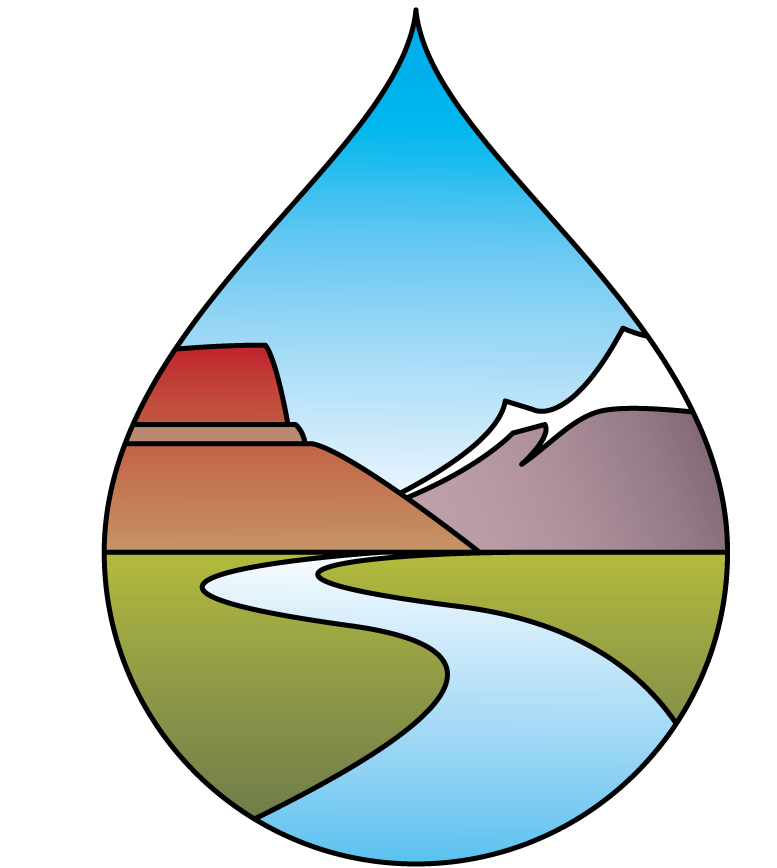On June 12, 2019, the Senate Commerce, Science, and Transportation Committee held an oversight hearing on the Federal Communications Commission (FCC) to discuss, among other things, the FCC’s efforts to auction radio frequencies in the high- and mid-band frequencies of the spectrum.
In 2010, the WSWC sent a letter to the FCC requesting that they “undertake a full, transparent and complete analysis, including robust participation by the western States, of the effects of making 500 MHz of radio spectrum available for broadband use within the next 10 years.” At that time, the primary concern was the 1675-1710 MHz bandwidth, “used by Federal agencies and States for remote collection of environmental, hydrologic, meteorological, and water quality data via the GOES and POES satellites, and includes streamgaging and water-monitoring networks that are vital to water management and emergency management, including flood warning systems.”
Recently, concerns have been raised about the impact of the use of the 24 GHz band, auctioned off for licensed uses in March-May of this year, on the adjacent spectrum, 23.6-24 GHz. The adjacent spectrum is used by the National Oceanic and Atmospheric Administration (NOAA) to measure water vapor in the atmosphere, and according to a Navy Information Brief, this is the only frequency band suitable for this measurement due to the physical properties of the atmosphere. The Brief states:
“NOAA and NASA have conducted studies that show interference in passive collection at the 23.6-24 GHz band from the adjacent 5G band (24.25 GHz); as such it is expected that interference will result in a partial-to-complete loss of remotely sensed water-vapor measurements. It is also expected that impacts will be concentrated in urban areas of the United States first. An additional assumption is that if the U.S. expands into the 24 GHz band, other countries will follow suit and thus impacts will eventually be worldwide, concentrated near densely-populated areas.”
At the hearing, the Commissioners discounted the validity of the NOAA studies, particularly taking issue with the underlying assumptions of the models, and expressed frustration at the “eleventh hour” attempts to prevent 5G cell phone technology from moving forward as quickly as possible.
WSWC sent a letter on June 11 to Committee Chair Roger Wicker (R-MS) and Ranking Member Maria Cantwell (D-WA) regarding concerns about the risk to water vapor data.
“Among the possible unintended consequences, the interference with or loss of this data could potentially impact short-term weather forecasts, impacting the ability of state and federal agencies to prepare for and respond to extreme weather events and associated precipitation, water supply, and flooding. The WSWC supports data collection and distribution programs, including remote satellite sensing, that assist agencies at all levels of government in making sound scientific decisions related to water. The WSWC respectfully requests Congress appropriately address concerns about out-of-band interference. We appreciate the Committee’s oversight, and ask that you ensure that the FCC coordinates with NOAA and other federal and state agencies to quantify and analyze the effects of 5G use on the adjacent spectrum, and take further steps as necessary to protect remote sensing in the 23.6-24 GHz range.”
June 2019 WSWC Letter to Senate CST Committee re FCC auction
